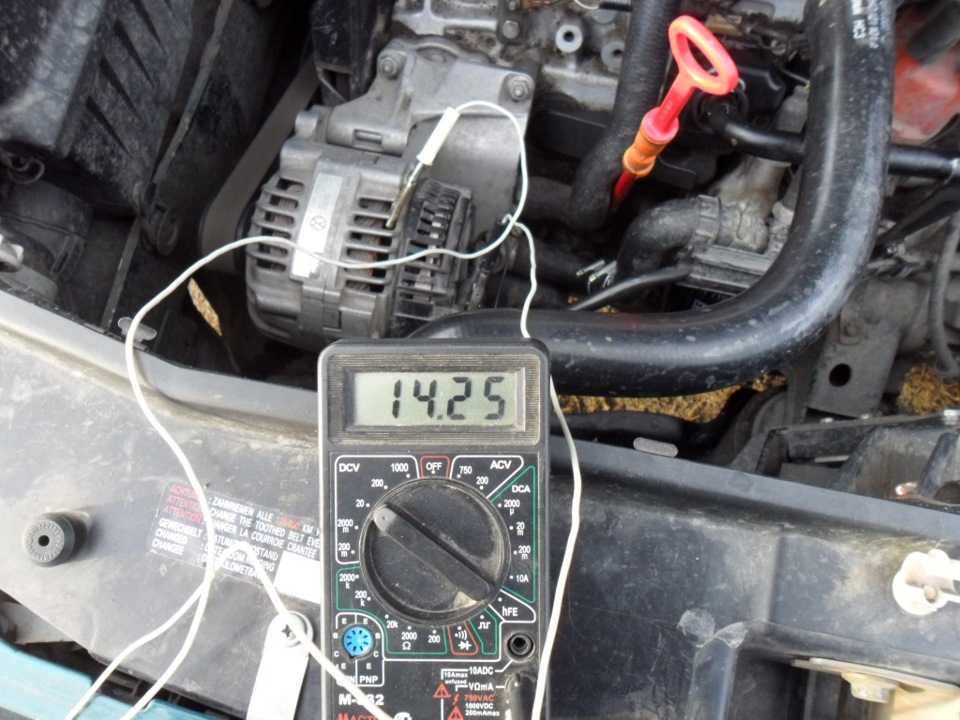The car's alternator broke down: fix it yourself or trust professionals?

Modern cars are incredible feats of engineering that rely on a complex collection of systems to run smoothly. One of these parts is the alternator, which is a crucial piece of the car's electrical system. The alternator is responsible for making electrical energy to power the car's electrical parts and keep the battery charged. If the alternator breaks, it can quickly turn a calm drive into an unpleasant challenge. When faced with an alternator problem, you might have to decide whether to repair it yourself or let professional mechanics handle it. Let's look at the positives and negatives of both options.
Fixing the alternator yourself: pros and cons
Pros:
1. Saving money: One of the most important reasons for repairing the alternator yourself is saving money. Doing the alternator repair on your own can save a significant amount of money compared to paying a professional mechanic for their work.
2. Control over the process: Fixing the alternator on your own gives you the ability to fully control the repair process. You can choose the necessary parts and make sure that the work is done exactly as you want it.
3. Learning opportunity: Doing the repair yourself provides a valuable chance to learn more about how the car works. This can be useful experience for those who are interested in car mechanics and doing repairs independently.
Cons:
1. Technical skills needed: Fixing an alternator is a tough task that requires specific technical knowledge. If you don't have experience in car repairs, you might find yourself in a difficult situation.
2. Time and effort: DIY repairs often take more time and effort than you might expect, especially if you're a beginner. You might need to spend money on tools and use time to learn how to do the repair.
3.Potential risks: Usually, DIY repairs are done with minimal diagnostic equipment. This means that diagnosing alternator problems might rely on indirect signs or replacing potentially faulty parts. Identifying the wrong cause of the alternator problem might lead to further damage.

Professional car alternator repair: pros and cons
Pros:
1. Experience and knowledge: Professional mechanics have special training and experience in diagnosing and repairing alternators. They can quickly figure out what's wrong and do the right repair.
2. Quality guarantee: Trusting professionals means you can count on a high level of repair quality. They use professional equipment to diagnose alternators, the right tools, and they know which spare parts to use to make the repaired alternator reliable.
3. Time efficiency: Mechanics have the knowledge and tools to get the repair done efficiently. This means you can get back on the road faster without trouble finding problems and possible errors.
Cons:
1. Higher costs: Professional repair involves labor costs and markups on spare parts, which makes it more expensive compared to DIY.
2. Limited control: Going to professionals means you lose some control over the repair process. You might not have a say in the parts used or specific repair methods.
3. Finding a reliable mechanic: Not all mechanics provide reliable services. Finding a mechanic with a good reputation can sometimes be difficult.
.jpg)
Conclusion:
Ultimately, the decision of whether to fix the broken alternator yourself or trust professionals depends on your skill level, available time, and how comfortable you are with car repairs. If you have experience maintaining cars, the necessary tools, and are willing to spend time researching, DIY alternator repair might be an economically sensible and educational choice. On the other hand, if you're not familiar with car repairs, lack the necessary tools, or prefer a quicker and more reliable solution, trusting professionals is probably the better option.
If you are looking for equipment to diagnose alternators, MSG Equipment offers a whole range of such equipment. Our equipment for diagnosing alternators and starters allows you to perform a full range of possible tasks at an auto repair shop – from the initial assessment of the unit's condition on the vehicle to identifying faulty components within the unit. If you want to learn more about stands and testers for alternator diagnostics, consult with our managers








